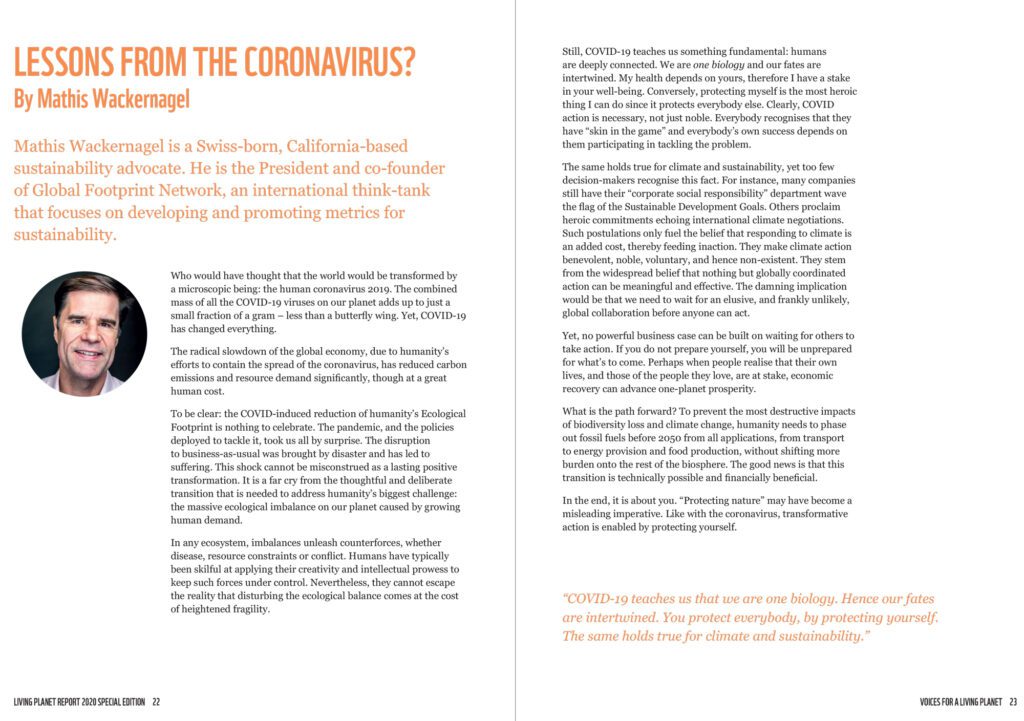The food industry was hit hard by the COVID-19 pandemic, resulting in production disruptions, supply chain issues, and an increase in food prices. Consumers’ habits and preferences also shifted, with a preference for healthier, less-processed foods, and online food shopping and delivery services. However, the industry has learned valuable lessons, such as the importance of supply chain redundancy, digital outreach, and innovation in business models. These lessons are expected to make the industry more resilient and innovative in meeting consumers’ needs worldwide.
The Impact of COVID-19 on the Food Industry: Lessons Learned
Introduction
The emergence of COVID-19 was a global pandemic that had profound effects on various sectors of the economy. Of these sectors, the food industry emerged as one of the hardest hit. The pandemic resulted in widespread loss of income, food insecurity, and significant supply chain disruptions. In this article, we look at the impact of COVID-19 on the food industry and the lessons learned.
The Impact of COVID-19 on the Food Industry
The outbreak of COVID-19 had a significant impact on the food industry on many levels. The measures taken to contain the virus had far-reaching effects, including:
Production Disruptions
The closure of many businesses and subsequent loss of income caused a ripple effect in the food industry. Workers in the food production chain were not spared, leading to labor shortages and reduced plant operations that slowed food production. The closure of international borders slowed importation and exportation of agricultural products.
Increase in Food Prices
The scarcity of food items caused by the production disruptions and panic buying by consumers resulted in an increase in food prices in various parts of the world. Some countries even resorted to importing food items to meet their demands.
Shifting Consumer Trends
The pandemic caused consumers to alter their food choices and consumption patterns. People now prefer healthier, less-processed foods and seek comfort in specific food types. They are also more likely to prefer online food shopping and food delivery services rather than visiting physical stores.
Lessons Learned
Despite the challenges posed by the pandemic, the food industry has learned some valuable lessons that have helped businesses become more efficient and safely operate in a post-COVID-19 world. Here are some valuable takeaways:
Supply Chain Redundancy
The pandemic showed how vulnerable the food industry’s supply chain is. Businesses have now realized the importance of having redundancies in place to mitigate any disruptions in the supply chain.
Consumer Outreach and Digitalization
Outreaching to consumers via digital media channels and online platforms is crucial for the food industry. Companies that invest in creating an online presence and digital operations can safely serve clients while also increasing brand loyalty.
Flexibility and Innovation
Being flexible in operations is necessary in the food industry. Companies should be adaptable and innovative in their business models and create strategies to meet consumers’ changing habits.
Conclusion
The food industry has experienced significant challenges throughout the COVID-19 pandemic. Despite the challenges posed, many businesses have learned valuable lessons that have helped them improve their operations’ efficiency and safety measures. As the industry continues to confront and adapt to the COVID-19 pandemic, it is expected to emerge as a more resilient and innovative sector that will continue to meet the needs of consumers worldwide.
